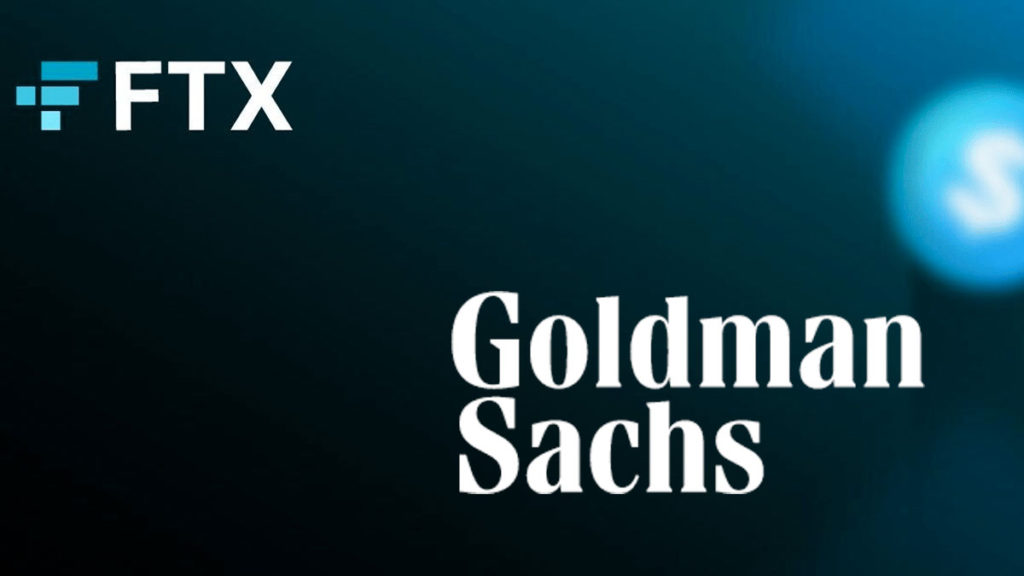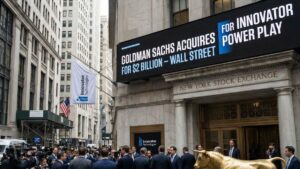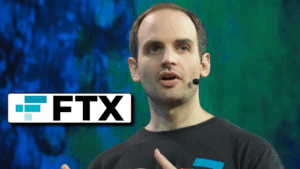Goldman Sachs and FTX are currently in talks about integrating some of their derivatives businesses. FTX is one of the largest crypto exchanges in the world, and traders and investors alike use it. As of today, it is offering crypto trading through its subsidiary FTX.US to U.S. investors. Moreover, it recently acquired a derivatives exchange that is regulated by the United States.
Joining the Forces
The company, in fact, has formally notified the Commodity Futures Trading Commission (CFTC) that it will be seeking a modification to its license in order to perform the functions of exchange as well as an intermediary in the leveraged derivatives trades. In the case of borrowed money, the company would be in charge of dealing with the collateral and margin requirements in-house.
As a result, they are referred to as “futures commission merchants,” or FCMs. On the other hand, certain brokerage firms, such as Goldman Sachs, are currently handling that function.
It has been reported that Goldman Sachs is one of the financial consulting firms that are in discussions with the firm, according to a person familiar with the matter. There are sources familiar with the matter stating that FTX may think about integrating with TSE in many different ways, that include trading futures directly, introducing clients to the exchange, offering on-ramps to the exchange, or even providing capital top-ups to traders, besides trading futures directly.
If Goldman or other Wall Street brokerages hope to begin integrating some of their offerings with FTX, the regulators may not feel comfortable signing off on the plan, even if Goldman or other brokerages hope to begin doing so.
A CFTC examination of FTX’s plan to act as an investment advisor has been requested by the Consumer Financial Protection Bureau. The Consumer Financial Protection Bureau has held hearings in front of Congress regarding this matter.
According to FTX, integrating the trading of derivatives in-house would pose the risk of disintermediation, which could pose a threat to a corner of the market dominated by Goldman Sachs and lead to a perceived threat to middlemen such as them. Goldman Sachs, along with a number of other companies involved in the derivatives industry, including brokerage companies, hedge funds, and other companies, have resoundingly opposed the proposal.
A new responsibility for FCMs has been put forward with regards to the storage of collateral, and the availability of capital in an emergency, such as making so-called “margin calls” when additional capital is required to maintain positions. There are also clearing houses that are involved in such instances and act as a buffer between buyers and sellers, providing them with capital to cover losses in the event that there may be a default.











